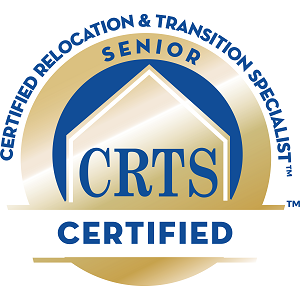Welcome to the April edition of the newsletter for CRTS™ certificants!
What is Hoarding Disorder?
People with hoarding disorder have persistent difficulty getting rid of or parting with possessions due to a perceived need to save the items. Attempts to part with possessions create considerable distress and lead to decisions to save them. The resulting clutter disrupts the ability to use living spaces (American Psychiatric Association, 2013).
What Is Obsessive-Compulsive Disorder?
Obsessive-compulsive disorder (OCD) is a disorder in which people have recurring, unwanted thoughts, ideas or sensations (obsessions). To get rid of the thoughts, they feel driven to do something repetitively (compulsions). The repetitive behaviors, such as hand washing/cleaning, checking on things, and mental acts like (counting) or other activities, can significantly interfere with a person’s daily activities and social interactions.
A Caregiver’s Guide to Conservatorship: What It Is and How to Get One
Beach Boys legend Brian Wilson has been placed under a conservatorship following a May 9 ruling in Los Angeles. Superior Court Judge Gus T. May found “from clear and convincing evidence that a conservatorship of the person is necessary,” and noted that the musician “consents and does not object.” Original filings said that Wilson suffered from a “major neurocognitive disorder (such as dementia).”




